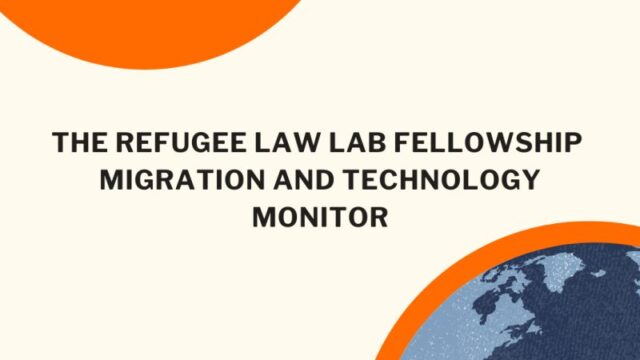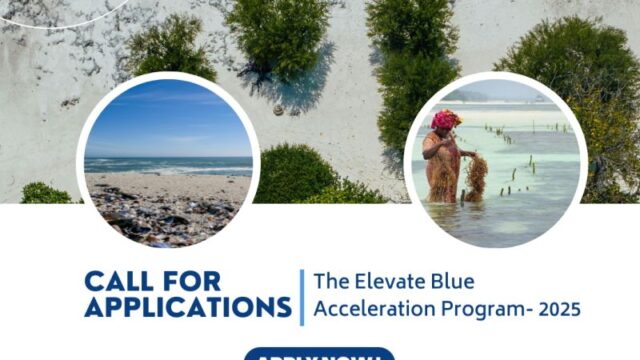Objectives and Targets
The initiative aims to support the development and implementation of climate risk insurance for poor and vulnerable populations in developing and emerging countries. This effort contributes to climate change adaptation by building resilience, improving food security, and reducing poverty.
- Target 1: Enhance capacity building and transfer knowledge on climate risks and climate risk financing tools.
- Target 2: Assist in developing sustainable, demand-driven climate risk insurance solutions tailored to developing countries.
- Target 3: Attract private capital to support the development and implementation of climate risk insurance and financing solutions in developing countries.
Focus Areas
The InsuResilience Solutions Fund seeks to boost resilience and adaptability in developing and emerging nations by:
- Supporting comprehensive climate risk assessments, enabling governments, businesses, and households to adopt proactive risk management and make informed decisions regarding climate risk and adaptation strategies.
- Providing studies and consultations to design climate risk insurance solutions tailored to the specific needs of poor and vulnerable communities.
- Co-funding the development, market launch, and expansion of innovative climate risk insurance products.
To encourage the creation of innovative and financially sustainable climate risk insurance products in developing and emerging countries, the InsuResilience Solutions Fund (ISF) offers financial and technical support through a three-pillar strategy:
- Pillar 1: Conduct comprehensive climate risk assessments for specific geographic areas (municipalities, regions, or agglomerations).
- Pillar 2: Provide funding for (pre-)feasibility studies, along with expert advisory and consultancy services to address any existing gaps.
- Pillar 3: Offer grant-based co-funding to support the development and market launch of climate risk insurance products.
Target Nations and Groups
Target at-risk households with daily incomes of less than fifteen USD PPP per person, either directly (by micro-level insurance) or indirectly (via meso- or macro-level solutions).
Nations that are susceptible to extreme weather occurrences and that fall under the definition of official development assistance (ODA) as set down by the OECD Development Assistance Committee include those in Asia and the Pacific, Europe, Africa, and Latin America.
Don't miss out on the application deadline which is 13 November 2024.







